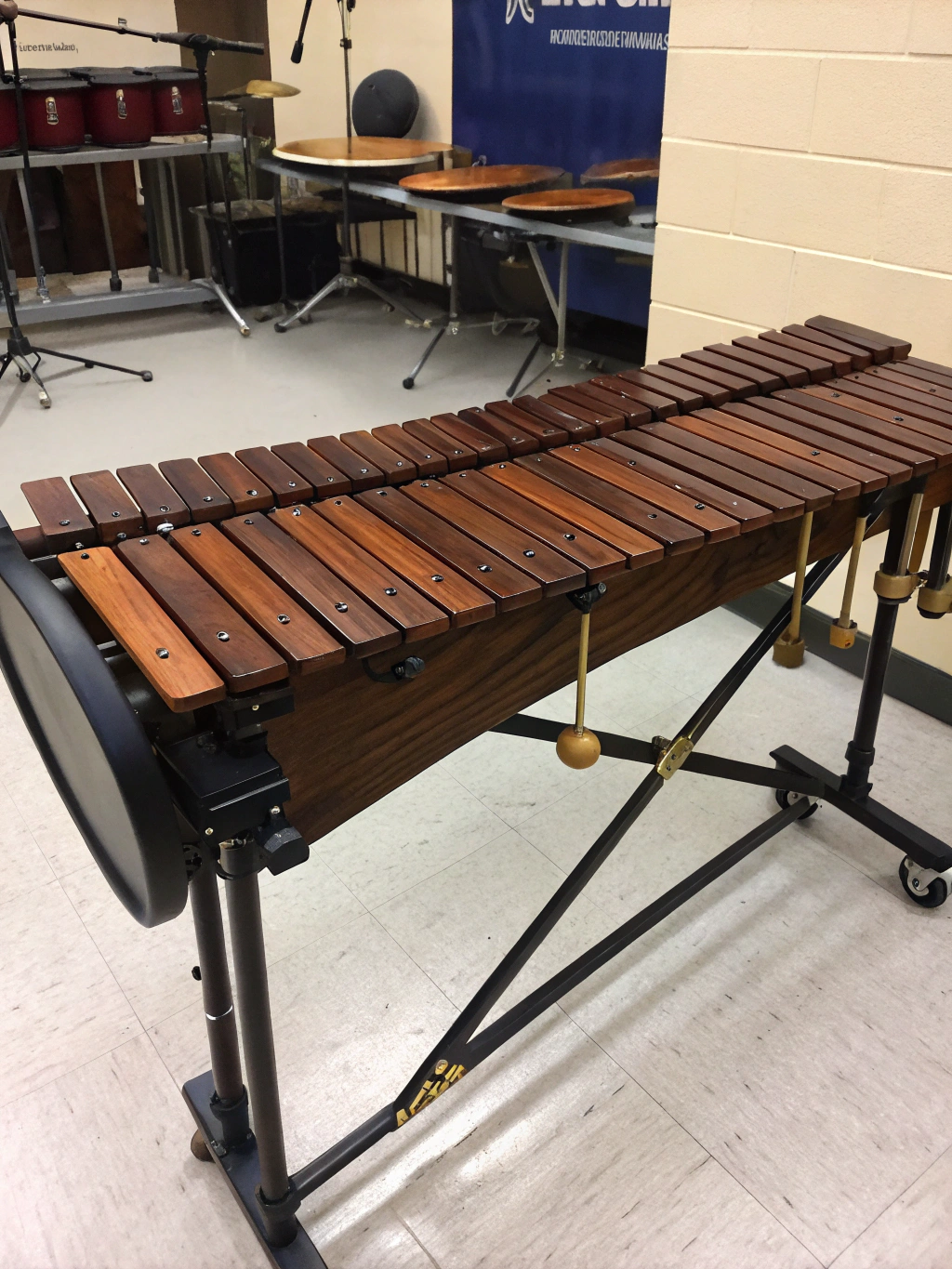How to Master the Hardest Instrument to Play: 5 Key Tips
Table of Contents
Introduction
Have you ever watched a virtuoso musician and wondered if you could ever reach that level of skill? While all musical instruments require dedication, some present extraordinary challenges that test even the most talented beginners. Why are violins and French horns so tough? Explore the 5 most difficult instruments and what makes them a challenge for beginners. The journey to mastering these instruments isn’t just about practice—it requires specific techniques, immense patience, and understanding what makes them so demanding in the first place.
Key Information Snapshot
Before diving deeper, here’s what makes certain instruments particularly challenging:
- Physical Demands: Instruments like the violin require unnatural positioning and precise muscle control
- Technique Complexity: The oboe and French horn demand complex embouchure techniques
- Tuning Difficulty: The harp requires constant manual tuning adjustments
- Learning Curve: The pipe organ involves managing multiple keyboards and foot pedals simultaneously
- Maintenance Requirements: Double reed instruments need constant reed adjustments and care
Detailed Explanation
The Violin: The Notorious String Challenge
The violin consistently ranks as the hardest instrument to play for beginners. Unlike other string instruments, the violin offers no frets to guide finger placement, requiring players to develop perfect pitch memory. Additionally, the unnatural positioning—holding the instrument under your chin while maintaining precise bow control—creates a coordination challenge that many beginners find overwhelming.
The French Horn: The Brass Beast
The French horn’s difficulty stems from its extraordinary length (if uncoiled, it would stretch over 12 feet!) and the precision required to hit the right notes. With only three valves to produce numerous notes, players must rely on their lip tension and breathing control to hit the correct pitch. A slight miscalculation in embouchure pressure can result in the wrong note entirely.
The Oboe: The Reed Nightmare
The oboe’s double reed mouthpiece creates a uniquely challenging playing experience. Players must maintain precise lip, breath, and reed pressure simultaneously. According to a survey of professional musicians, over 70% cited the oboe as requiring the most air control precision. Additionally, oboists often spend more time making and adjusting reeds than actually practicing the instrument.
The Pipe Organ: The Multi-Tasking Marvel
Unlike other keyboard instruments, the pipe organ requires coordinating hands on multiple keyboards while simultaneously playing bass notes with your feet. This four-limb independence makes it one of the most cognitively demanding instruments. The coordination requirements are similar to trying to pat your head, rub your stomach, and tap dance, all while reading complex music.
The Harp: String Overload
With 47 strings and seven pedals, the harp presents unique challenges in both technique and theory. The pedal system allows players to change the pitch of strings while playing, requiring advanced planning and coordination. Harpists must also develop significant hand strength and dexterity to pluck the correct strings with proper tension.
Related Facts or Tips
Did you know? Professional violinists can spend up to $50,000 on their instruments, with rare antique violins selling for millions.
Tip: Beginners should consider starting with a teacher rather than self-learning for difficult instruments, as proper technique from the beginning prevents hard-to-break bad habits.
Did you know? French horn players use their right hand inside the bell not only to support the instrument but also to adjust the pitch and tone quality.
Tip: For reed instruments like the oboe, humidity control is crucial—many professionals use special cases with humidity regulators to protect their instruments and reeds.
Common Questions (FAQs)
How long does it take to become proficient on the violin?
Most students require 3-5 years of consistent practice to develop intermediate proficiency, with mastery taking 10+ years.
Are there physical traits that make playing certain instruments easier?
Yes! Hand size affects piano and string players, while lip shape can impact brass playing ability. However, technique can often compensate for physical limitations.
Should beginners start with easier instruments before tackling difficult ones?
Not necessarily. Starting with your instrument of passion often leads to better long-term commitment, even if initial progress is slower.
How much daily practice is required for difficult instruments?
Quality matters more than quantity. Focused 30-minute sessions can be more effective than distracted 2-hour practices, though advanced players typically practice 2-4 hours daily.
Practical Applications or Real-Life Uses
Developing Transferable Skills
The discipline required to master difficult instruments develops cognitive skills that transfer to other areas. Studies show music students often excel in mathematics and develop superior multitasking abilities.
Performance Opportunities
Mastering uncommon instruments like the oboe or harp can lead to more performance opportunities, as competition for these positions is often less intense than for popular instruments like guitar or piano.
Teaching Potential
Proficiency on challenging instruments creates valuable teaching opportunities, as qualified instructors for these instruments are always in demand.
Mistakes to Avoid
Starting Without Proper Guidance
Self-teaching the most difficult instruments often leads to technique flaws that become increasingly difficult to correct.
Skipping Fundamentals
Many beginners rush to play complex pieces before mastering basic techniques, creating a weak foundation that limits future progress.
Ignoring Proper Posture and Ergonomics
Difficult instruments often involve physically demanding positions. Ignoring proper posture leads to both poor technique and potential injuries.
Inconsistent Practice
Sporadic practice sessions are particularly detrimental for difficult instruments, where muscle memory and reflexes are crucial.
Conclusion
Mastering the world’s most difficult musical instruments isn’t just about talent—it’s about persistence, proper technique, and understanding the unique challenges each instrument presents. Whether you’re drawn to the violin’s expressive capabilities or the pipe organ’s majestic sound, the journey of conquering these instruments can be immensely rewarding. What challenging instrument has caught your interest? Share your musical journey with us in the comments below!






